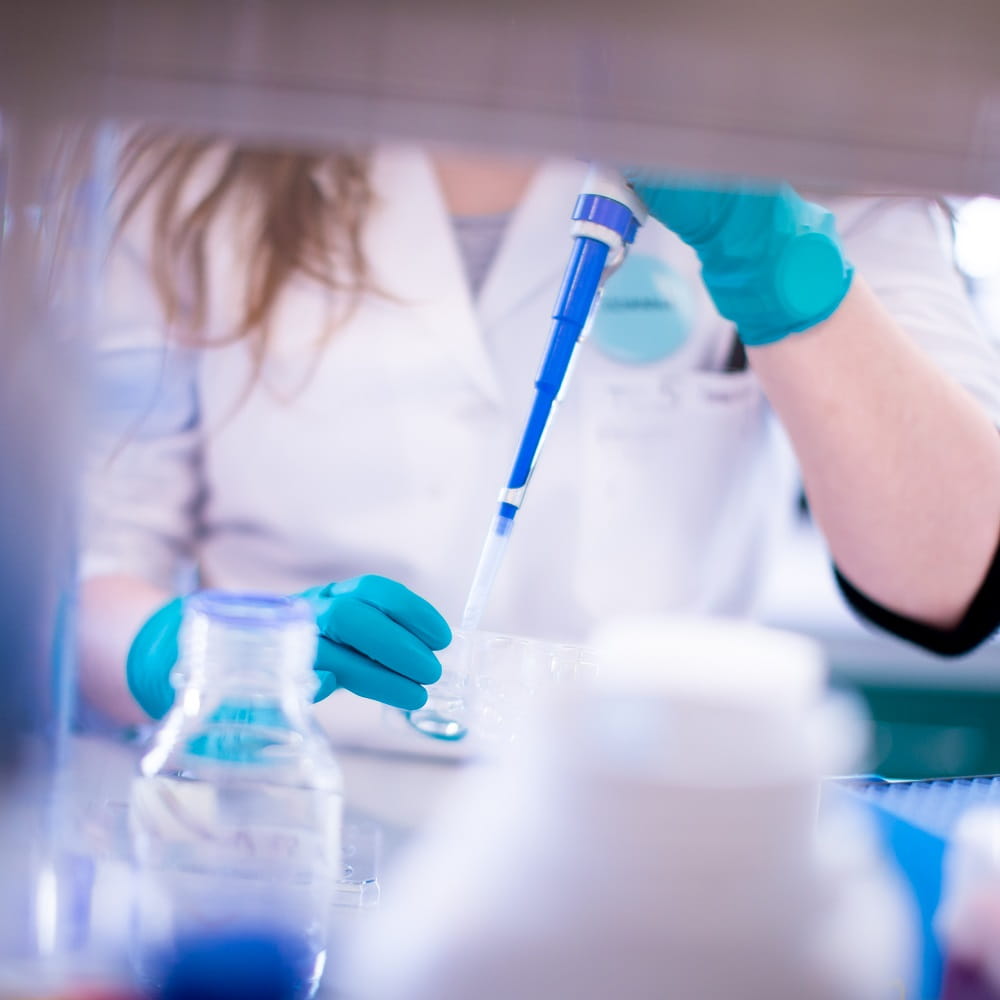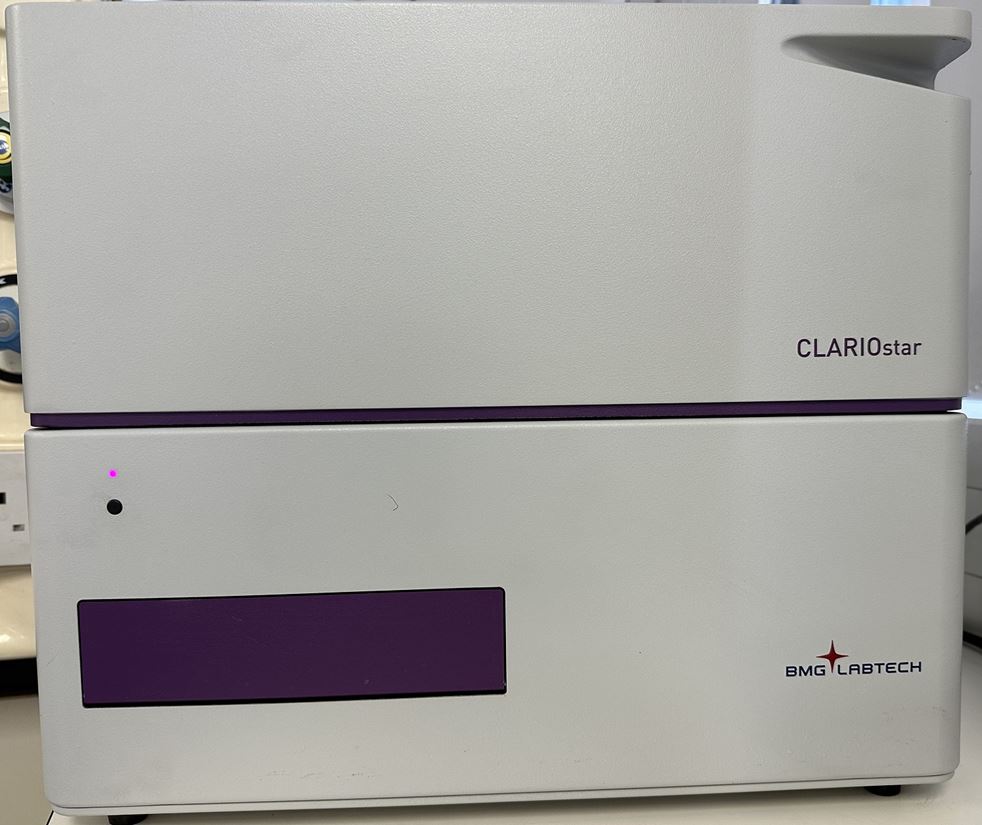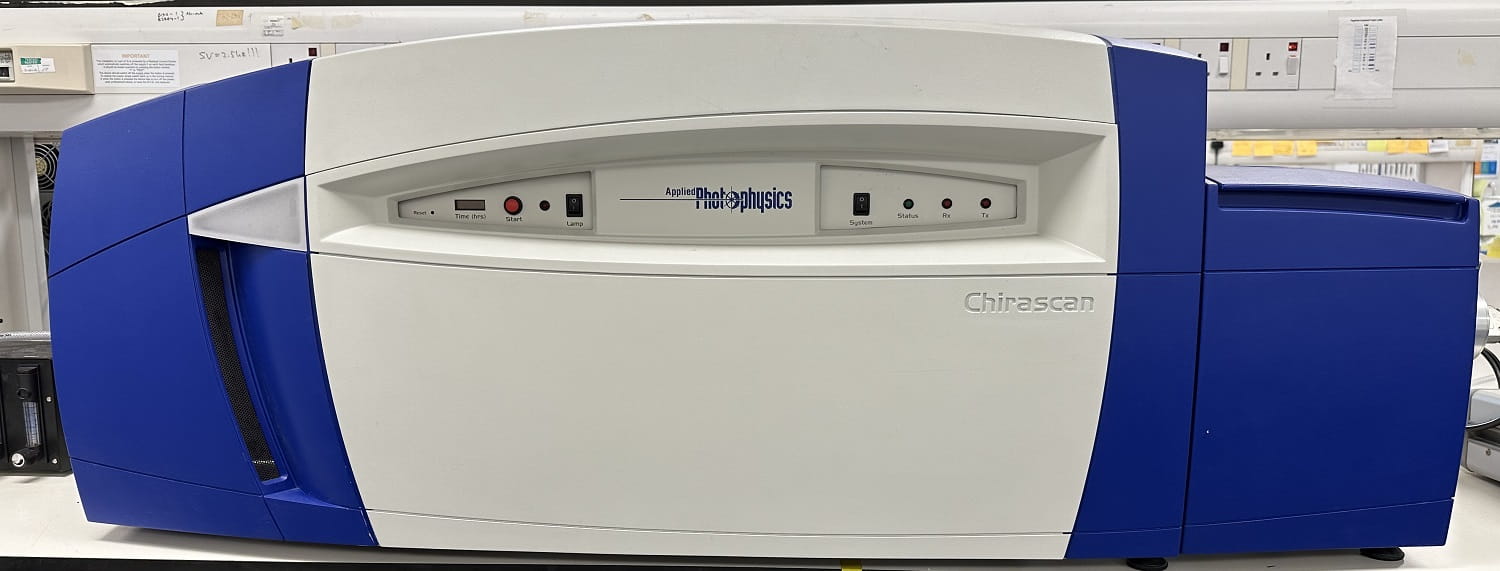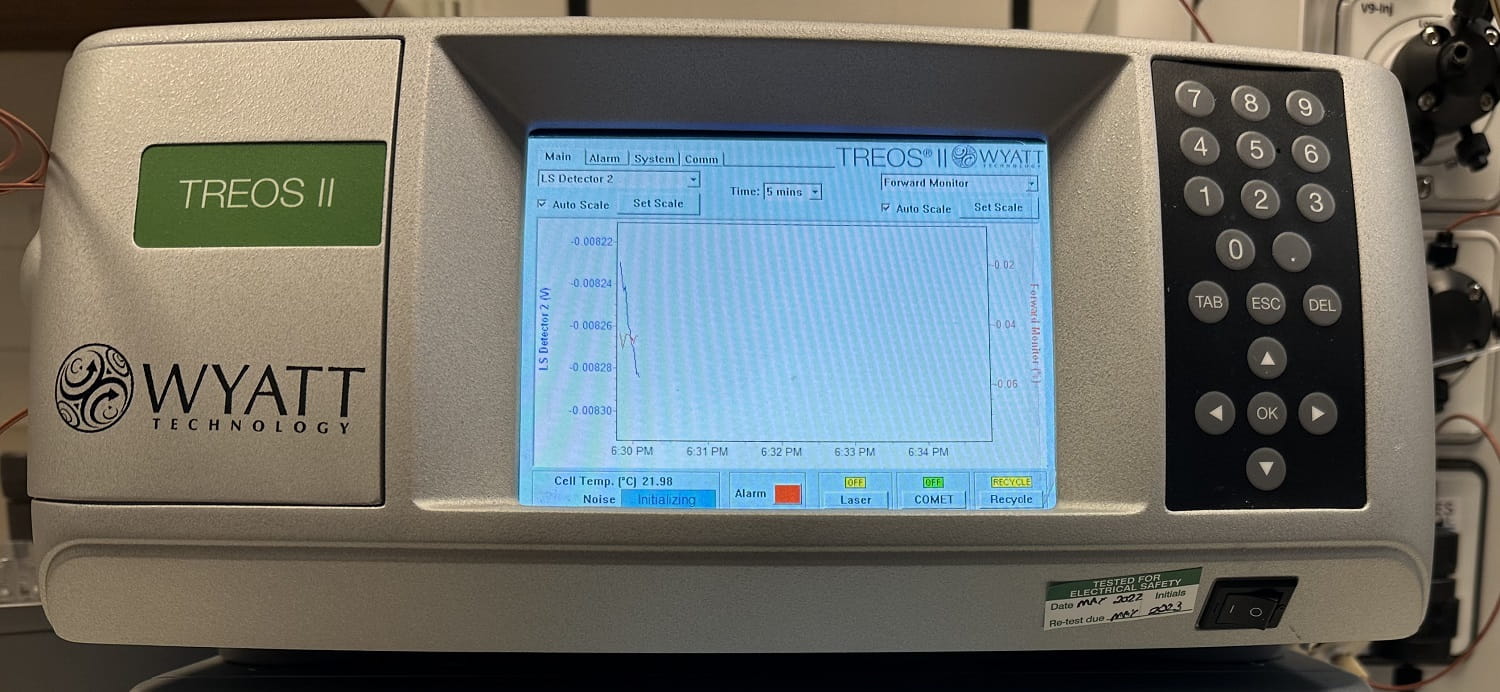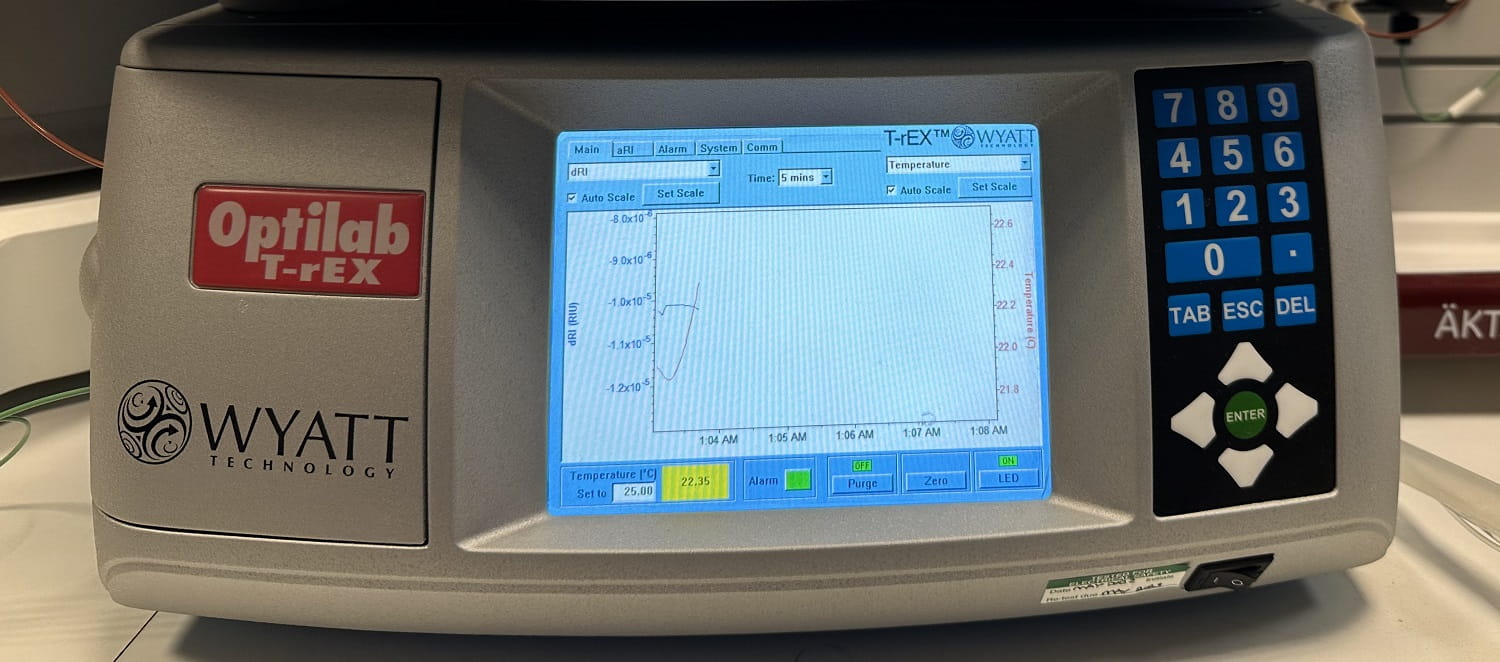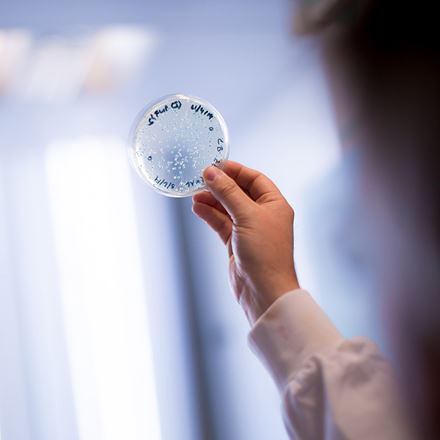Proteins are key biopolymers, performing a wide variety of functions in the cell, from efficient chemical catalysis and transport of molecules, to transmitting signals or serving a protective function in recognising friend from foe in the immune system.
These diverse functions stem from the intrinsic structural variation and complexity that proteins exhibit. Structural irregularities in proteins can lead to misfunction or gain of abnormal function, that can manifest in cellular damage or disease. Because of this, proteins are principal targets of the vast majority of pharmaceutical drugs.
Understanding the structure-function relationship and cellular roles of proteins is therefore critical for human health, the environment and biotechnology. As the name suggests, the Protein Structure & Mechanisms of Disease group seeks to establish the link between structure and the physiological function of proteins. We approach this from a variety of angles and employ state-of-the-art in silico and in vitro molecular methods, as well as cellular and organismal levels of inquiry.
Correspondingly our research spans the range from individual atoms and isolated molecules to cellular biology approaches including pre-clinical models of cancer and immunology.
Our structural biology division is equipped with crystallisation facility featuring an ARI Gryphon Robotic Protein Crystallography System with a Lipid Cubic Phase extension, as well as a protein-protein interaction facility, which features isothermal calorimetry (ITC), surface plasmon resonance (SPR) machines and SEC-MALS detectors.
We work closely with the other research groups in the School of Life Sciences, with cross-cutting projects in areas including microbial biotechnology, bioremediation and signaling & biosensor proteins in plants.
